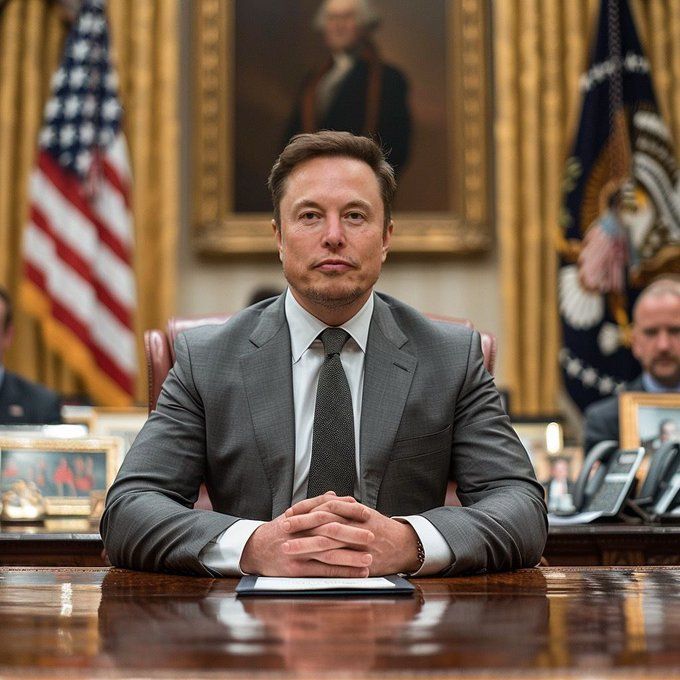Elon Musk is a name synonymous with innovation and success. As the CEO of Tesla and SpaceX, he has reshaped industries, revolutionizing electric vehicles and space travel. However, his journey to success has not been without its challenges. Despite his immense achievements, Musk has often faced skepticism and adversity, particularly during the tumultuous period of 2008 when both Tesla and SpaceX teetered on the brink of collapse.
In 2008, the automotive industry was in crisis, and Tesla, a fledgling electric car manufacturer, was struggling to find its footing. Concurrently, SpaceX, Musk’s aerospace venture, had experienced a series of failed rocket launches, raising doubts about the viability of his ambitious goals. Many critics questioned Musk’s vision, suggesting that he was an idealist out of touch with reality. The financial pressure was immense, and the future of both companies hung by a thread.
Faced with the potential collapse of his dreams, Musk made a drastic decision. He chose to invest his own money to keep Tesla and SpaceX afloat. At this critical juncture, he reportedly poured in nearly all of his personal wealth, a move that highlighted his unwavering commitment to his vision. Musk later admitted that there were moments when he was uncertain about whether he would make it out of the financial hole. However, his belief in the potential of his companies propelled him forward.
Musk’s willingness to risk everything is one of his defining characteristics. It showcases not only his entrepreneurial spirit but also his resilience in the face of adversity. While many would have opted for a more cautious approach, Musk’s decision to double down on his investments demonstrated a profound commitment to innovation and progress. This boldness has become a hallmark of his career, inspiring countless entrepreneurs and innovators around the world.
The turning point for both companies came after Musk’s investment. Tesla launched the Model S, which garnered critical acclaim and consumer interest, helping to stabilize the company financially. Meanwhile, SpaceX achieved its first successful launch in 2008, marking a significant milestone for private space exploration. These successes not only salvaged Musk’s ventures but also laid the groundwork for future achievements, further establishing him as a visionary leader.
Despite the subsequent successes, skepticism surrounding Musk has persisted. His ambitious goals—such as colonizing Mars and transitioning the world to sustainable energy—often attract both admiration and criticism. Many view his aspirations as overly ambitious, questioning the feasibility of his plans. Nonetheless, Musk’s track record of defying the odds has earned him a loyal following and a place among the most influential figures of our time.
The lessons from Musk’s journey are invaluable. His story underscores the importance of resilience, risk-taking, and unwavering belief in one’s vision. In an era where innovation is paramount, Musk’s ability to navigate challenges serves as a reminder that success often requires confronting and overcoming significant obstacles.
Moreover, Musk’s experiences illustrate a broader truth about entrepreneurship: the path to success is rarely linear. Setbacks and failures are often part of the journey, and how one responds to these challenges can define their ultimate success. Musk’s ability to rise from the ashes of near bankruptcy to become a leader in two groundbreaking industries exemplifies this principle.
In conclusion, Elon Musk’s narrative is one of relentless ambition and resilience. His willingness to invest his own resources during a critical time not only saved Tesla and SpaceX but also solidified his reputation as a transformative figure in technology and business. While skepticism may continue to follow him, Musk’s journey serves as an inspiration for aspiring entrepreneurs, proving that with determination and courage, even the most daunting obstacles can be overcome.



